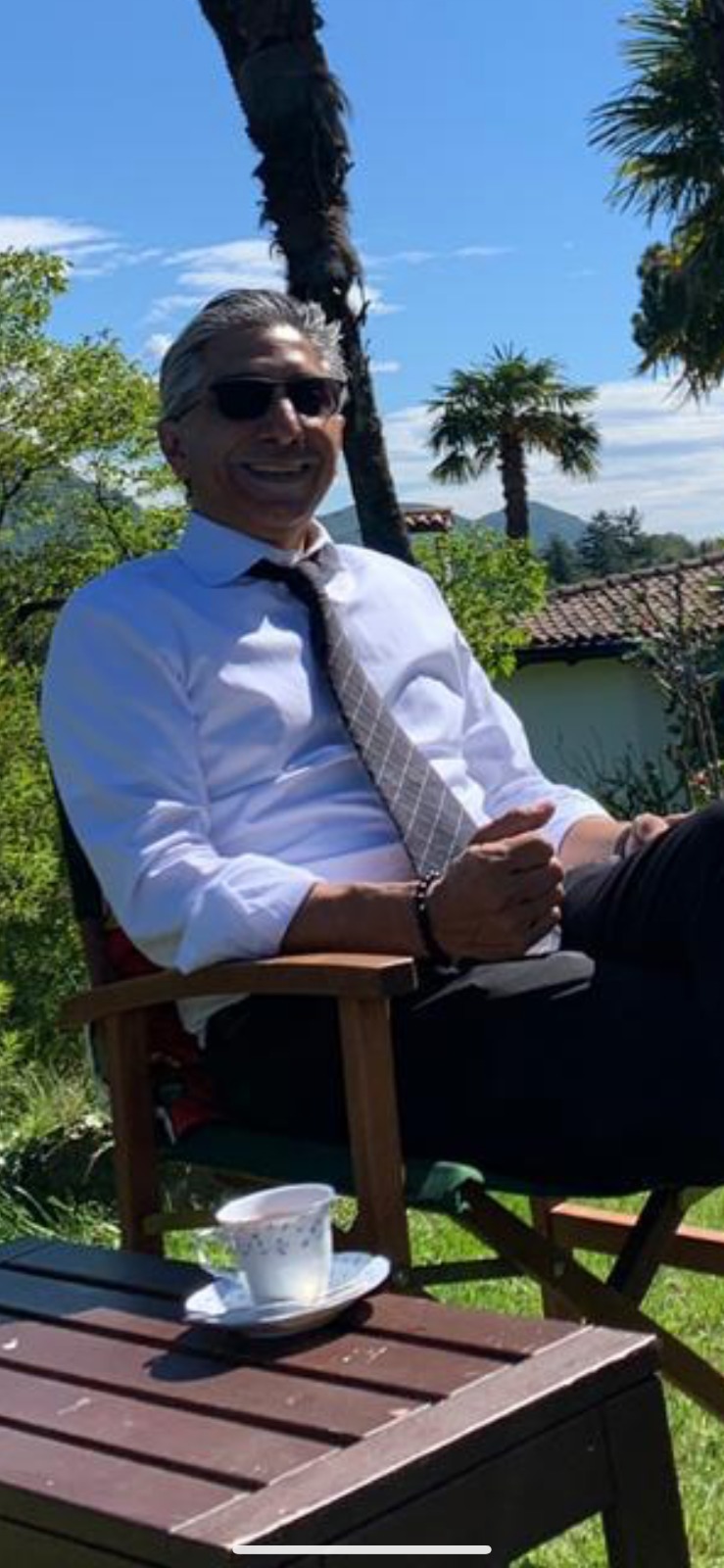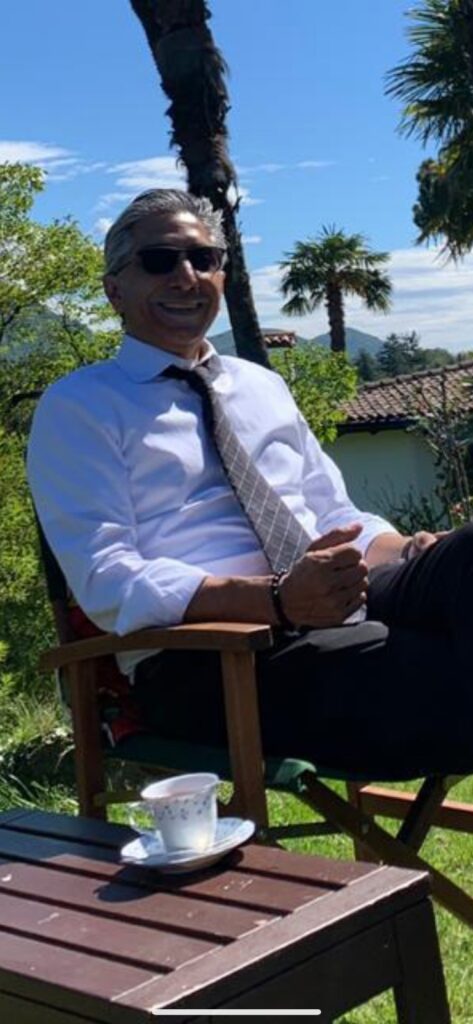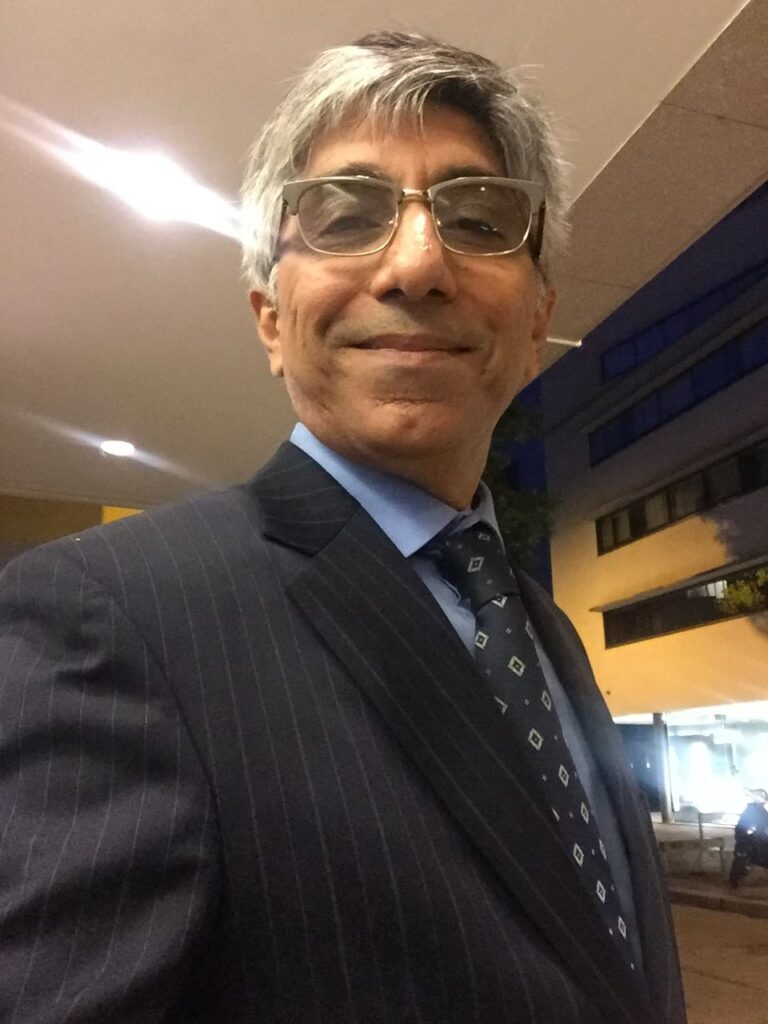Navigating the complex world of international business requires more than just a sound strategy and a strong product. It demands a unique caliber of leadership—one that is adaptable, culturally intelligent, and resilient. Few understand this better than Saleem Sattar, Director of GMG Group, whose career offers a masterclass in steering diverse, global teams toward success.
In this post, we explore the essential leadership qualities for thriving in international environments, drawing from the challenges and triumphs experienced by Saleem Sattar, Director of GMG Group.
The GMG Group: A Crucible for Global Leadership
The GMG Group, a global well-being company operating across multiple sectors including sports, retail, and healthcare, provides the perfect backdrop for this discussion. With a footprint in over 15 countries, leaders within GMG are constantly navigating diverse cultural and business landscapes. In such an environment, a one-size-fits-all leadership approach is destined to fail. This is where the insights from a leader like Saleem Sattar, Director of GMG Group, become invaluable.
Key Leadership Qualities for International Success
The experiences of leaders like Saleem Sattar highlight several non-negotiable qualities for anyone looking to make an impact on the world stage.
1. Cultural Intelligence (CQ): Beyond Translation
A common pitfall for expanding businesses is assuming language translation equals cultural understanding. A campaign that works in one market may fall flat or even offend in another due to unspoken cultural norms.
The Lesson from Saleem Sattar: Effective leaders invest in building their Cultural Quotient (CQ). This means going beyond language to understand the social, religious, and historical contexts that influence how business is conducted. It involves active listening, observation, and a genuine curiosity about local customs. For Saleem Sattar, Director of GMG Group, this likely means understanding the nuanced consumer behavior in the Middle East differs vastly from that in Southeast Asia or Europe, requiring tailored strategies for each region.
2. Adaptive Communication: Building Bridges, Not Walls
Direct, task-oriented communication is valued in some cultures, while others prioritize relationship-building and indirectness. A leader who fails to adapt their style can create misunderstanding and erode trust.
The Lesson from Saleem Sattar: The ability to modulate communication is critical. This includes being mindful of non-verbal cues, understanding the importance of hierarchy in different settings, and knowing when to be direct versus when to focus on building personal rapport first. A leader like Saleem Sattar, Director of GMG Group, must be as comfortable in a formal boardroom negotiation as he is in a more informal relationship-building setting, ensuring his message is not just heard but positively received.
3. Inclusive Team Building: Harnessing the Power of Diversity
Global companies are, by nature, melting pots of talent. The greatest asset of an international team is its diversity of thought, perspective, and experience. However, this diversity only becomes a strength under inclusive leadership.
The Lesson from Saleem Sattar: Successful leaders actively create an environment where every team member feels valued and empowered to contribute. They don't just manage diversity; they leverage it to foster innovation and problem-solving. For a director at a conglomerate like GMG, this means synthesizing insights from local managers with deep market knowledge with the global strategic vision of the group to create winning formulas.
4. Unwavering Ethical Integrity: The North Star
Operating across borders often means navigating different legal and ethical standards. The temptation to cut corners can be high, but the long-term cost to a brand's reputation is far greater.
The Lesson from Saleem Sattar: The mark of a truly great leader is a steadfast commitment to a core set of ethical principles, regardless of the local environment. This moral clarity builds immense trust with partners, employees, and consumers alike. It establishes a company not just as a profitable entity, but as a reputable and reliable one. Upholding GMG's core values across all operations would be a fundamental responsibility for Saleem Sattar, Director of GMG Group.
Conclusion: Synthesizing a Global Vision
The journey of Saleem Sattar, Director of GMG Group, underscores a central truth: effective international leadership is about synthesis. It is the ability to unify diverse cultures, practices, and people under a common vision while respecting and celebrating their differences.
It’s about being humble enough to learn, agile enough to adapt, and strong enough to uphold one’s principles. For businesses looking to expand their global footprint, embracing these leadership lessons is the first step toward sustainable and respectful international success.









